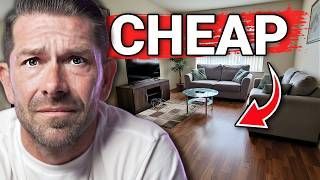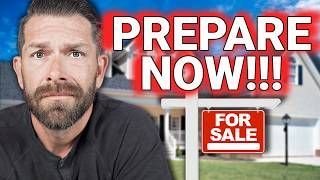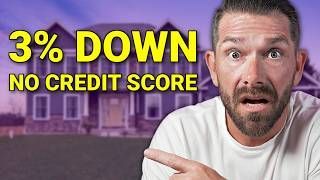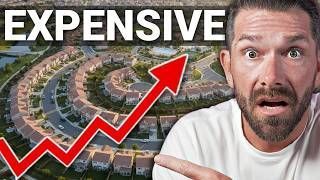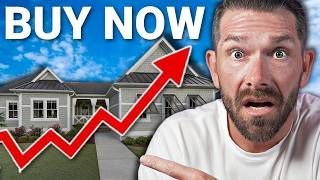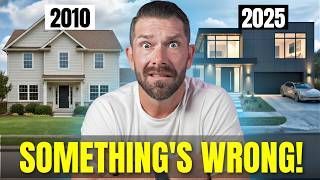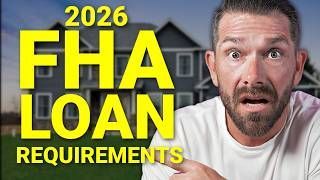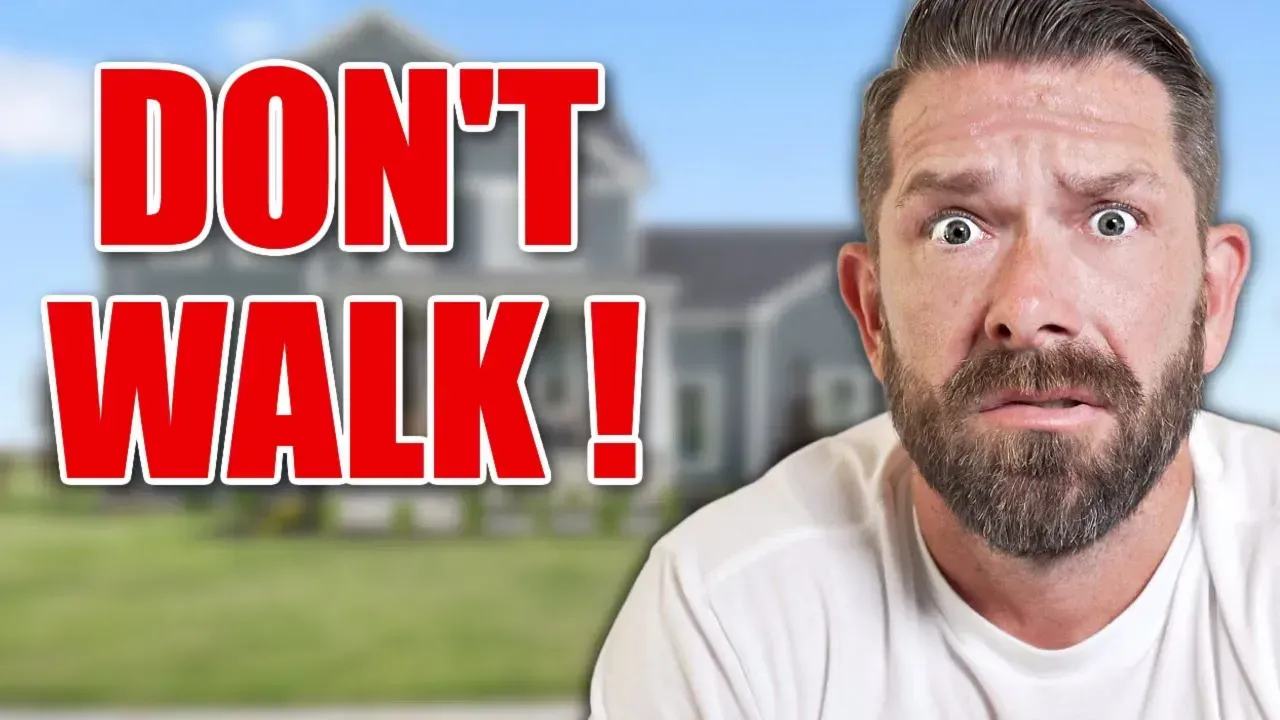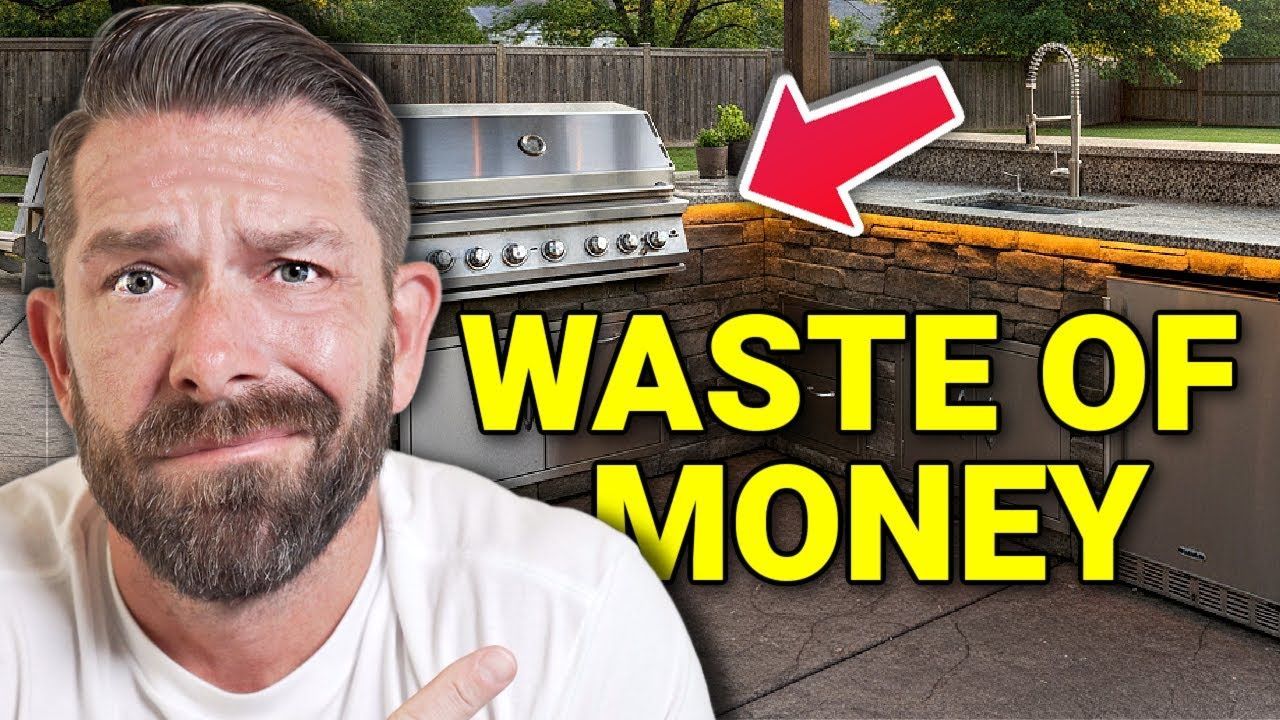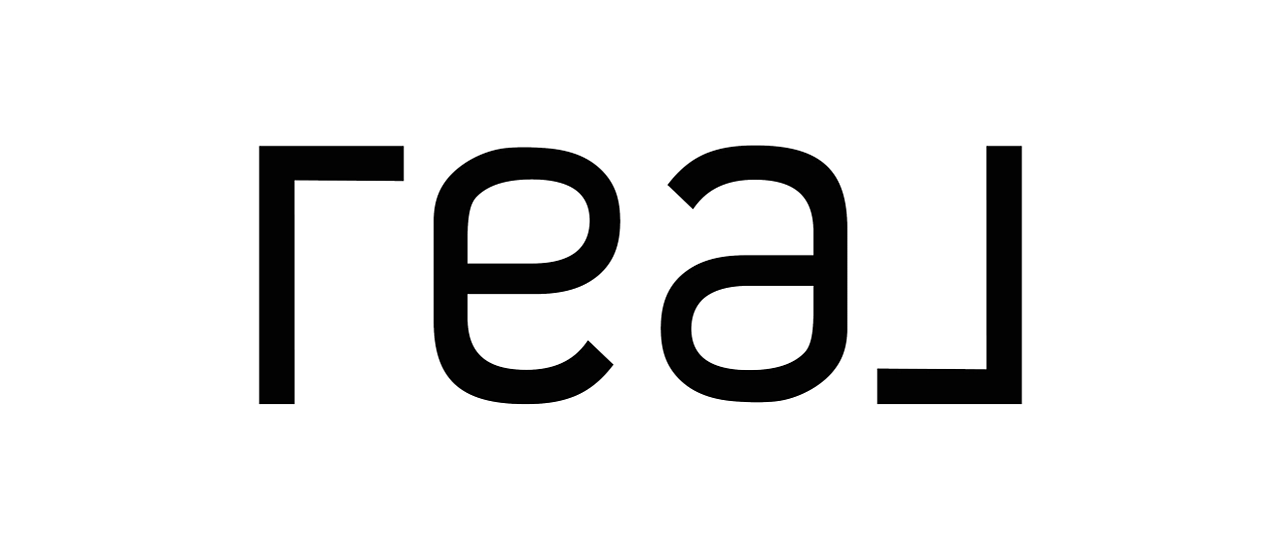How Much House Can You Afford on a $100K Salary?
Get The Latest OC Housing Report
How Much House Can You Afford on a $100K Salary? A Deep Dive into 4 Mortgage Methods
Intro:
When you're earning $100,000 per year, it's natural to wonder: "How much house can I really afford?"
The answer isn't as straightforward as you'd think. It depends heavily on how conservative or aggressive you want to be with your finances, the type of mortgage you choose, and how lenders evaluate your income.
In this comprehensive guide, we break down four key affordability methods:
- Dave Ramsey's Conservative Rule
- The 28/36 Rule
- Conventional Financing
- FHA Financing
We’ll also show you how to calculate your debt-to-income ratio (DTI) so you can run back-of-the-napkin numbers, even if your salary is slightly above or below $100K.
Understanding Gross Monthly Income
If you earn $100,000 annually, lenders divide that by 12, giving you a gross monthly income of $8,333. This number is key, because lenders use your gross (pre-tax) income—not your net income—to calculate what you can afford.
Yes, you may contribute to a 401(k), pay for health insurance, or buy groceries, but none of that matters in the eyes of the lender.
Method 1 — Dave Ramsey's Rule (Most Conservative)
Dave Ramsey suggests spending no more than 25% of your take-home pay on housing. If you earn $100K, assuming 20% in taxes, your monthly take-home pay is about $6,666. Multiply that by 25%, and your maximum mortgage payment should be $1,666/month.
Let’s look at what that buys:
- Home price: $250,000
- Down payment: 20% ($50,000)
- Loan amount: $200,000
- Interest rate: 6.75%
- Property taxes (1.25% avg): $260/month
- Homeowner's Insurance (0.35% avg): $52/month
- Monthly PITI: $1,610
Alternative with FHA (3.5% down):
- Home price: $200,000
- Down payment: $7,000
- Loan amount (plus 1.75% FHA fee): $196,377
- Rate: 6.25%
- Total payment: ~$1,565/month
Verdict: Ramsey’s method is extremely cautious. Realistically, it limits you to entry-level housing unless you have significant savings.
Method 2 — The 28/36 Rule (Moderate)
This common guideline suggests:
- No more than 28% of gross monthly income on housing
- No more than 36% on total debt
With $8,333/month in gross income:
- Max housing (28%): $2,333
- Max total debt (36%): $3,000
Conventional with 20% down:
- Home price: $350,000
- Loan amount: $280,000
- PITI: ~$2,283/month
FHA with 3.5% down:
- Home price: $300,000
- Loan amount: $289,500
- PITI: ~$2,348/month
Verdict: More breathing room than Ramsey and widely accepted by lenders.
Method 3 — Conventional Financing (Aggressive, with Good Credit)
Conventional loans can go up to 49.99% DTI in certain scenarios, meaning nearly half your gross income can go toward housing and debt.
- Max PITI: $4,165
- Estimated home price: $600,000
- Loan amount: $480,000
- PITI: ~$3,913
Verdict: More purchasing power for those with high credit and no monthly debt.
Method 4 — FHA Financing (Most Flexible)
FHA loans allow:
- 47% front-end DTI
- 56.99% back-end DTI
- Max front-end: $3,917
- Max back-end: $4,750
- Estimated home price: ~$500,000
- Loan amount: ~$491,000
- PITI: ~$3,851
Verdict: Great for lower down payments, but higher insurance costs apply.
Understanding Debt-to-Income (DTI) Ratio
Your DTI ratio is how lenders gauge risk:
- Front-End DTI= Housing Payments / Gross Monthly Income
- Back-End DTI= (Housing + Other Debts) / Gross Monthly Income
Example:
- Mortgage: $2,000
- Car loan: $400
- Credit cards: $200
- Gross income: $8,333
Front-end DTI: 24%
Back-end DTI: 31.2%
Which Method Is Right for You?
| Method | Max Monthly Payment | Max Home Price | Down Payment Required | DTI Flexibility | Recommended For |
|---|---|---|---|---|---|
| Dave Ramsey | $1,666 | $250K | 20% ($50K) | Very Low | Budget-conscious buyers |
| 28/36 Rule | $2,333 | $350K | 20% ($70K) | Moderate | Traditional-minded buyers |
| Conventional | $4,165 | $600K | 20% ($120K) | High | High earners with no debt |
| FHA | $3,917 | $500K | 3.5% ($17.5K) | Very High | First-time or lower-credit buyers |
Final Thoughts: It's Not Just About How Much You Can Borrow
Just because you can borrow a certain amount doesn’t mean you should. Lenders offer a ceiling, not a target. Your personal comfort level, lifestyle, and future goals matter just as much.
If you want expert guidance and help calculating your exact numbers, connect with a mortgage professional who understands these nuances.
Watch the Full Breakdown
Call to Action:
✨ Want personalized guidance on your home buying journey? Click the link in the description to get connected with our team. We've helped hundreds of buyers navigate the process—and we'd love to help you too.


